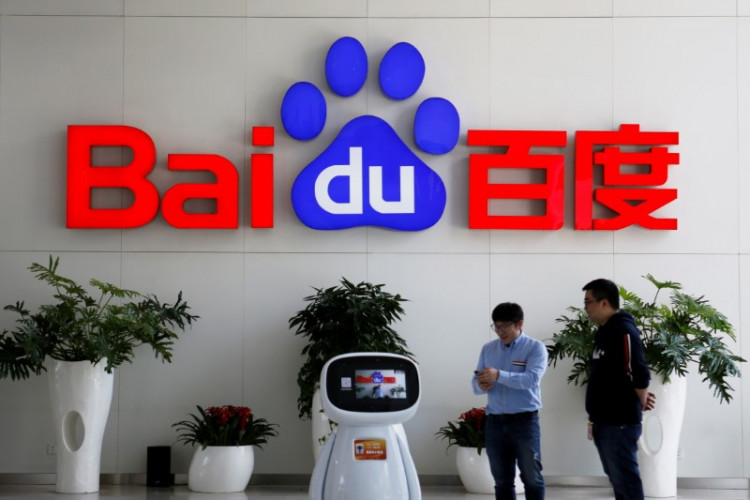Baidu Inc. (NASDAQ: BIDU), China's leading search engine and AI pioneer, reported its fiscal second-quarter results, revealing both the promise and challenges of its ongoing transformation into a technology powerhouse. Despite robust advancements in its AI and autonomous driving sectors, the company's overall revenue performance remained flat, missing analyst expectations.
The Chinese tech giant reported a slight dip in revenue to $4.67 billion, a 0.4% decrease year-over-year, falling short of the anticipated $4.70 billion. However, Baidu's adjusted earnings per American Depository Share (ADS) stood at $2.89, significantly surpassing the analyst consensus of $2.58. This discrepancy between top-line revenue and bottom-line earnings underscores the company's focus on operational efficiency amidst a challenging economic environment.
Baidu's core revenue, which includes its primary business segments such as online marketing and AI initiatives, grew by a modest 1% year-over-year to $3.67 billion. This growth was primarily driven by the company's AI Cloud business, which saw a 10% increase in revenue, reaching $1.03 billion. However, this positive momentum was offset by a 2% decline in online marketing revenue, a critical revenue stream for Baidu, which fell to $2.64 billion.
Robin Li, Baidu's Co-founder and CEO, highlighted the company's strategic focus on AI and autonomous technologies as key drivers for future growth. "AI Cloud continued to accelerate in the second quarter, offsetting the ongoing macro headwinds for online marketing revenue and resulting in modestly positive topline growth for Baidu Core," Li stated. He also pointed to significant advancements in Baidu's Apollo Go driverless technology, which now offers fully autonomous ride-hailing services across the entire Wuhan municipality and has begun scalable testing of its latest RT6 vehicles.
Baidu's AI capabilities, particularly through its Ernie large language model, have positioned the company as a formidable player in China's rapidly evolving AI landscape. Li emphasized that the Ernie platform processes over 600 million requests daily, the highest among Chinese companies, showcasing Baidu's dominance in the domestic AI market. Despite this, Li acknowledged the fierce competition in the AI sector, especially as companies engage in a price war over large language models that power generative AI products.
The company's AI advancements are not limited to cloud computing and autonomous vehicles. Baidu has also launched a paid version of its Ernie-powered chatbot for public use and is selling API services powered by Ernie to developers through its cloud offerings. These initiatives have contributed to AI's growing share of Baidu's cloud computing revenue, which reached 9% in Q2, up from 6.9% in the previous quarter.
Despite these technological strides, Baidu's financial performance reflects broader challenges in the Chinese economy. The company's online marketing revenue decline is indicative of a sluggish economic recovery, particularly in the property sector, which has led advertisers to tighten their budgets. Baidu's adjusted net income fell by 8% to 7.4 billion yuan, although it still surpassed analyst expectations of 6.45 billion yuan.
Operating expenses showed a positive trend, with selling, general, and administrative (SG&A) expenses decreasing by 9% year-over-year to $784 million, and research and development (R&D) expenses falling by 8% to $810 million. Baidu's focus on cost management helped maintain its adjusted EBITDA margin at 27%, with its core adjusted EBITDA margin increasing by 100 basis points to 32%.
The company's strong cash position, with $22.29 billion in cash and equivalents as of June 30, 2024, and a generation of $862 million in free cash flow during the quarter, provides a solid foundation for continued investment in AI and other strategic initiatives.





